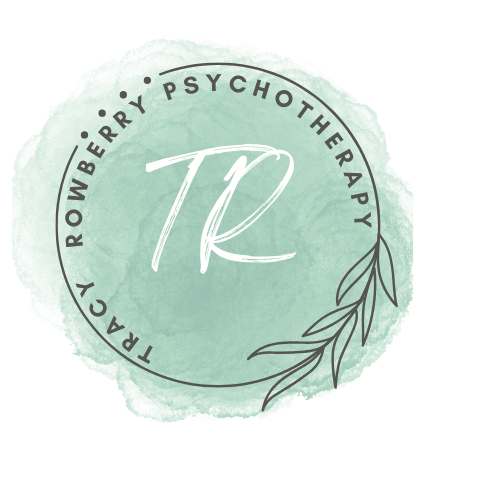Frequently Asked Questions
What is Person-Centred Therapy?
In today’s diverse world, every person brings unique experiences shaped by their culture, background, upbringing, and personal struggles. Person-Centred Therapy (PCT) offers a deeply humanistic and inclusive way to support individuals from all walks and stages of their life.
At its core, PCT is about unconditional positive regard, empathy, and authenticity—three key elements that make it a powerful tool in creating a safe, accepting space for all clients, no matter their background. It puts the client in control. The therapist ensures clients feel heard, respected, and valued in the therapeutic space.
PCT, adapts to the client. Instead of imposing a specific method, it allows clients to express themselves in ways that feel natural to them..
Does therapy or counselling work?
Yes—therapy works for many people, but how and how well it works depends on several factors:
The fit between you and the therapist — A strong therapeutic relationship is one of the best predictors of positive outcomes. If you feel heard, respected, and understood, you’re more likely to benefit.
Your engagement and readiness — Therapy is a collaborative process; showing up regularly and practicing skills outside of sessions often makes a big difference.
Severity and nature of the problem — Some conditions respond faster than others, and sometimes therapy works best when combined with medication or lifestyle changes.
What do you mean by identity?
Our sense of identity and belonging is shaped by many layers—our upbringing, culture, relationships, life experiences, and the messages we receive from the world around us. For many, this journey can feel confusing or even painful at times, especially when navigating changes, transitions, or parts of ourselves that may not feel accepted or understood by others.
From a person-centred perspective, identity is not something fixed or given to us—it’s something we discover and define for ourselves. This therapeutic approach honours your unique experience and places trust in your inner capacity to grow, heal, and understand who you are. In a safe, non-judgmental space, you’re invited to explore your thoughts, feelings, and beliefs at your own pace, without pressure to conform or explain.
